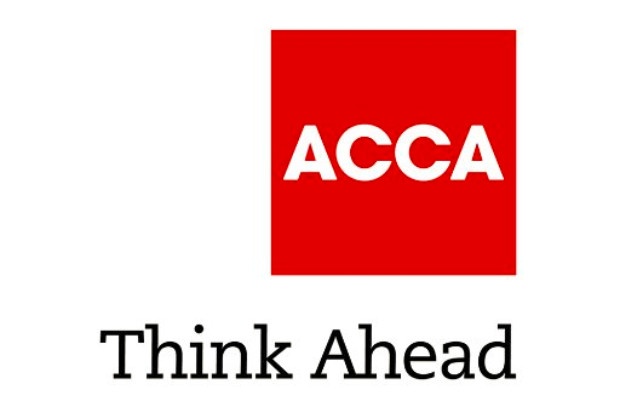
ACCA (the Association of Chartered Certified Accountants) and Chartered Accountants Australia and New Zealand (CA ANZ) reveal in a new report the pressing need for the accountancy profession to make the necessary connections between Artificial Intelligence (AI) and its relationship to environmental, social and governance (ESG) dimensions.
Polling over 5,700 respondents, including panellists in Pakistan, the research reveals a global cautious tone, with fewer than half (43%) believing that the impact of AI on their rights as an individual is positive – such as safety and personal security, levels of fairness, levels of choice, levels of transparency. In Pakistan, 54% of respondents believe this to be the case.
Key findings from the research amongst Pakistan accountancy and finance professionals shows that:
ACCA and CA ANZ said in Ethics for sustainable AI adoption: Connecting AI and ESG that professional accountants, with their explicit and long-standing commitment to ethical practices, are well placed to guide organisations along a responsible path for AI adoption.
Assad Hameed Khan, Head of Strategic Partnerships, ACCA Pakistan says: ‘These insights present a wake-up call for the accountancy profession to lead the way and become the super connectors needed to ensure an ethical approach. Their management of the transition to mass usage of AI in an ethical, responsible manner is essential if the sustainable long-term value is to be secured from it.’
The report’s nine recommendations include the need to set the tone at the top on AI adoption by prioritising an approach that is consistent with organisational values such as diversity and inclusion in considering the impact of AI on under-represented groups, or fairness when it comes to recruitment or surveillance of employees; and transparency such as appropriately disclosing AI use to customers.
Another recommendation for the profession is to challenge greenwashing and seek insights from AI tools to help with professional scepticism in examining whether the organisation’s claims about sustainability, such as on achieving net-zero targets, are matched by its performance. Suspect claims need to be challenged.
Speaking of the global picture, Helen Brand, chief executive of ACCA says: ‘AI adoption must consider the needs of all, especially the under-represented and vulnerable in society. That’s why one of our recommendations is to ensure the profession exercises its professional judgement, because AI may create previously unseen situations. We recommend that professional accountants need to avoid over-reliance on simplistic checklist-based approaches which don’t give the full picture or leave space for unintended consequences.’
Also commenting on the global findings, Ainslie van Onselen, chief executive of CA ANZ adds: ‘Our report found that in order to ethically and sustainably adopt AI, organisations need effective governance mechanisms. This starts with setting the right tone and culture at the top and covers a range of areas from oversight and delivery procedures, to regulation and data governance. AI is a strategic endeavour that should be spearheaded by leaders who know and execute the difference between what we have a right to do and what is the right thing to do. It’s important to build knowledge and skills at the intersection of AI, ethics, and sustainable development. This aligns well to the accountancy profession which can play a key role in driving responsible adoption.’
The global accountancy profession is bound by the Code of Ethics (the ‘Code’) and its five fundamental principles as set out by the International Ethics Standards Board for Accountants (IESBA). These are integrity, objectivity, professional competence and due care, confidentiality, and professional behaviour
Ethics for sustainable AI adoption: Connecting AI and ESG can be downloaded here: https://www.accaglobal.com/gb/en/professional-insights/technology/ai_ethics.html
Punjab Police has clarified that provinve's CM and Governor are entitled to wear its uniform!…
TikTok, the leading destination for short videos, has announced its first partnership with Coke Studio…
Students from an elite Paris university joined the wave of protests on Friday amid the…
TikTok's Chinese parent company ByteDance in a statement clarified that it would prefer to shut…
New Zealand took a 2-1 lead in the five-match series after beating Pakistan by four…
Congratulations are in order for actress Madiha Rizvi for tying the knot. Madiha Rizvi announced…